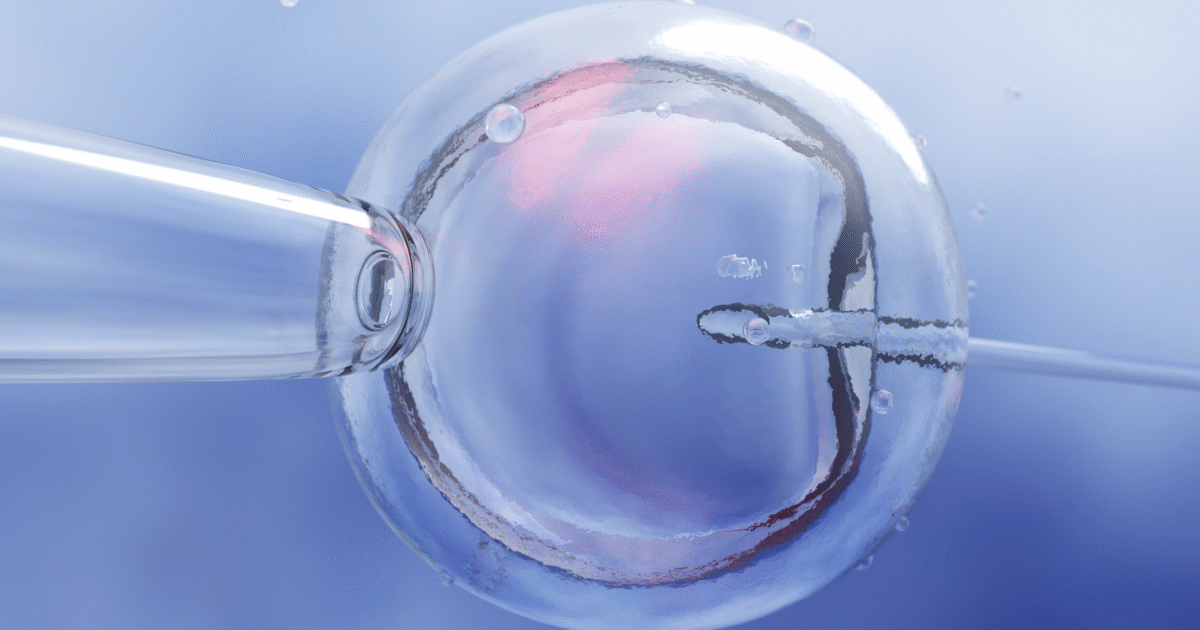In the United Kingdom, medical professionals have successfully delivered eight babies using a pioneering fertility procedure that incorporates DNA from three individuals.
This method aims to safeguard children from inheriting severe mitochondrial disorders. The births represent a cautious advancement in assisted reproduction, prioritizing family health and stability.
The mothers involved carried mutations in their mitochondria, risking life-threatening conditions for their offspring. Mitochondria serve as cellular energy sources, essential for bodily functions. Without intervention, these defects could devastate future generations.
The United Kingdom amended its laws in 2015 to permit this technique, reflecting deliberate ethical review. In 2017, regulators issued the initial license to Newcastle University’s fertility clinic. This institution led the development over two decades.
Among the newborns are four boys and four boys, including identical twins, from seven women. All show no evidence of the anticipated mitochondrial ailments. One additional pregnancy continues under medical care.
Professor Doug Turnbull, a key researcher, described the results as reassuring for families and scientists alike. He highlighted the relief in achieving positive outcomes for patients.
Professor Mary Herbert, a senior team member, expressed fulfillment in seeing eight healthy infants. She noted the achievement rewards the extensive collaborative work.
Human genes primarily reside in the cell’s nucleus, totaling around 20,000. However, mitochondria add 37 genes of their own. Faulty mutations here can lead to profound cellular energy deficits.
Mitochondria pass solely from mother to child, amplifying inheritance risks. All offspring of affected women may suffer similarly.
Mitochondrial disorders often surface in childhood, impairing vital organs like the brain and heart. Patients frequently endure developmental challenges and premature mortality. Approximately one in 5,000 infants faces this threat.
The treatment, termed mitochondrial donation, fertilizes the mother’s egg with the father’s sperm. Genetic nuclear material transfers to a donor egg with healthy mitochondria. Implantation follows, fostering a disease-free pregnancy.
Papers in the New England Journal of Medicine detail these first cases. All babies were robust at birth. Minor issues, like a treated urinary infection, resolved without lasting effects.
One mother shared her profound thanks, emphasizing the hope restored. She credited the procedure for her daughter’s healthy beginning.
For women with variable mutations, pre-implantation testing selects low-risk eggs. However, those with uniform defects lack this option. Mitochondrial donation aims to bridge this critical gap.
In an era of rapid innovation, these births inspire hope for protecting the unborn from inherited perils. However, skeptics warn of unforeseen long-term consequences, including the phenomenon of mitochondrial reversal observed in three of the children. This reversal, where mutant mitochondria levels rise post-procedure, could potentially undermine the therapy’s effectiveness over time.
Critics also highlight ethical concerns, viewing the creation of three-parent embryos as a form of eugenics that tampers with natural human reproduction. Broader debates question whether this opens doors to genetic enhancements beyond disease prevention.
The post Eight Healthy Babies Born via IVF using DNA from Three People appeared first on The Gateway Pundit.











